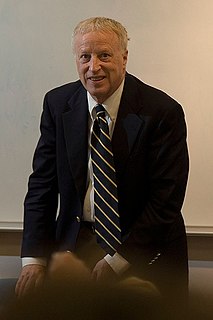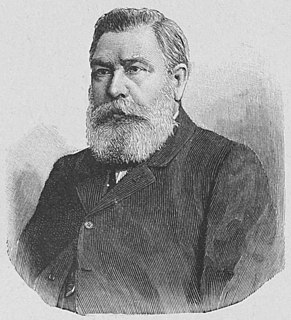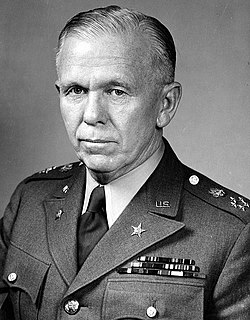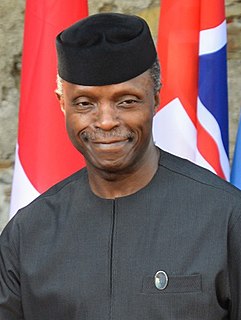A Quote by George Akerlof
Some time ago a little-known Scottish philosopher wrote a book on what makes nations succeed and what makes them fail. The Wealth of Nations is still being read today. With the same perspicacity and with the same broad historical perspective, Daron Acemoglu and James Robinson have retackled this same question for our own times. Two centuries from now our great-great- . . . -great grandchildren will be, similarly, reading Why Nations Fail.
Quote Topics
Being
Book
Broad
Centuries
Fail
Grandchildren
Great
Great Grandchildren
Historical
Historical Perspective
James
Known
Little
Makes
Nations
Now
Our
Own
Perspective
Philosopher
Question
Read
Reading
Robinson
Same
Scottish
Similarly
Some
Still
Succeed
Them
Time
Times
Today
Two
Wealth
Wealth Of Nations
Why
Will
Wrote
Related Quotes
Our two nations both faced great challenges when they were founded, and our two nations have both relied on the same principles to help us succeed. We've built strong democracies to protect the freedoms given to us by an Almighty God. We've welcomed immigrants, who have helped us thrive. We've built prosperous economies by rewarding innovation and risk-taking and trade. And we've built an enduring alliance to confront terrorists and tyrants.
Centuries from now our great-great-great-grandchildren will look back at us with amazement at how we could allow such a precious achievement of human culture as the telling of a story to be shattered into smithereens by commercials, the same amazement we feel today when we look at our ancestors for whom slavery, capital punishment, burning of witches, and the inquisition were acceptable everyday events.
Nations are like people. Once you understand the interactions between nations, it's easy to understand why things are done, in terms of foreign policy, in a certain way. But nations are not like people in the sense that we are cumulatively represented by others - and their interpretations of what our interests are may not be the same as what they really are. And that's what's dangerous, even in a democracy.
I'm not angry. As an athlete ... you should be open to criticism, and you're allowed to be criticized, because not everybody has the same opinion, not everybody likes the same players. The rankings are quite volatile: Today you're 'great,' tomorrow you're 'not,' but then you're 'great' again. It makes for great stories. Now, I always look at the long term and by doing that, obviously, I can stay calm through the storm.
I am certain that a solution of the general problem of peace must rest on broad and basic understanding on the part of its peoples. Great single endeavors like a League of Nations, a United Nations, and undertakings of that character, are of great importance and in fact absolutely necessary, but they must be treated as steps toward the desired end.
The 'nations,' as they are called, with whom our pretended ambassadors, secretaries, presidents, and senators profess to make treaties, are as much myths as our own. On general principles of law and reason, there are no such 'nations.' ... Our pretended treaties, then, being made with no legitimate or bona fide nations, or representatives of nations, and being made, on our part, by persons who have no legitimate authority to act for us, have intrinsically no more validity than a pretended treaty made by the Man in the Moon with the king of the Pleiades.
The advance of human freedom - the great achievement of our time, and the great hope of every time - now depends on us. Our nation - this generation - will lift a dark threat of violence from our people and our future. We will rally the world to this cause by our efforts, by our courage. We will not tire, we will not falter, and we will not fail.
But you'll notice, you will notice that Russia and China, invariably at the United Nations, move to block American action, to repress or hem in or punish other kinds of outlaw. Who stands behind Mugabi at the United Nations? Russia and China do. Who tried successfully to prevent the United Nations from speaking with one voice on its most signal violation of its resolutions, Iraq? Russia and China, again. North Korea the same. Burma the same.




































